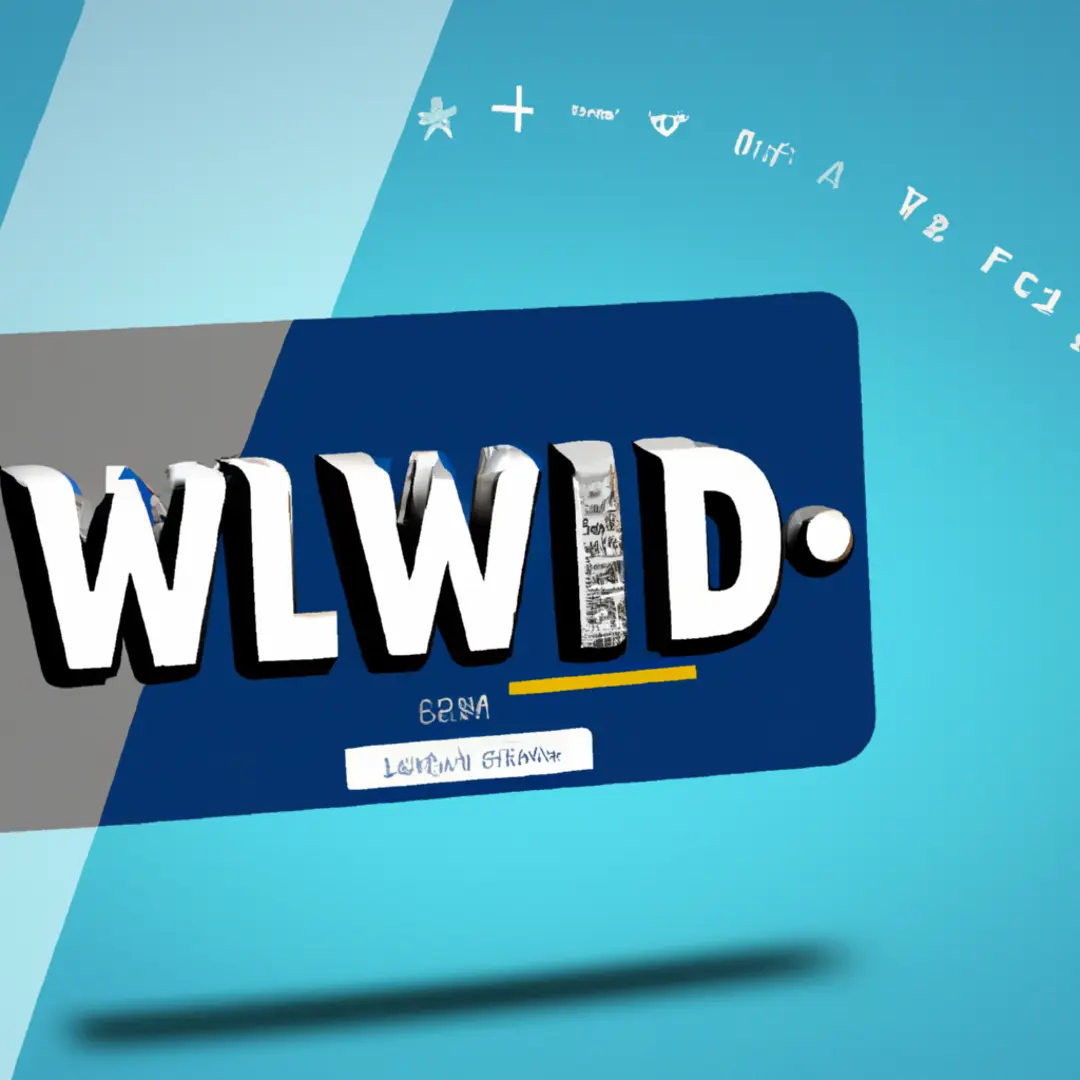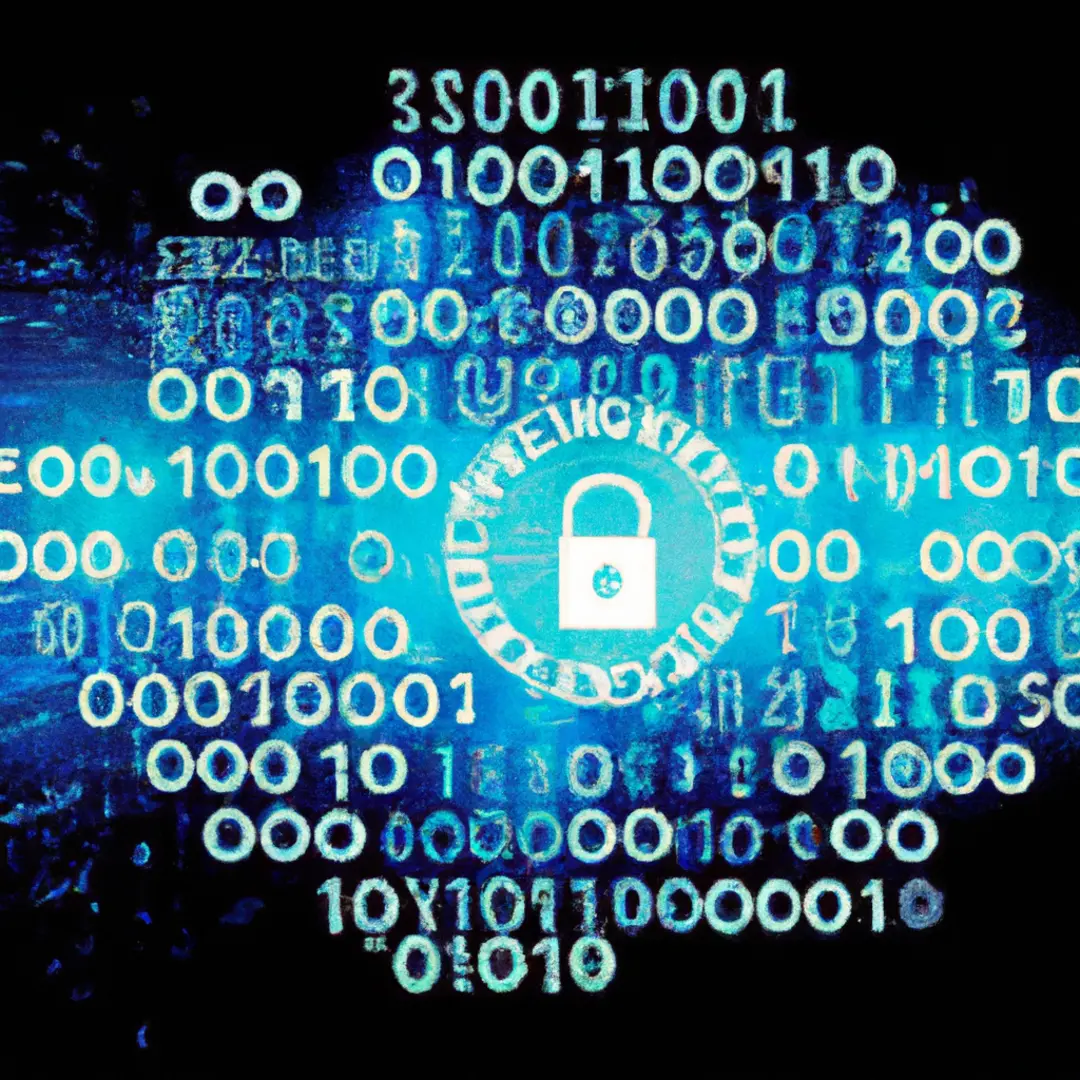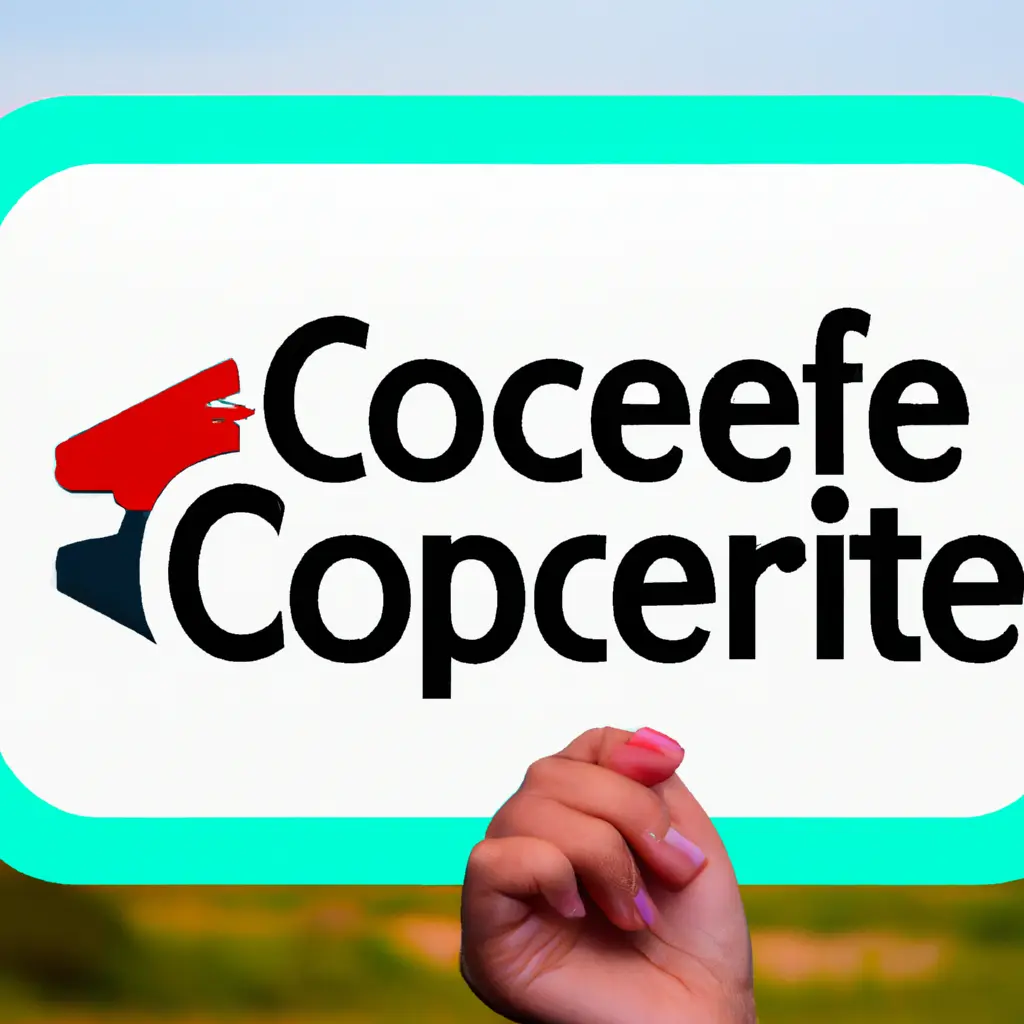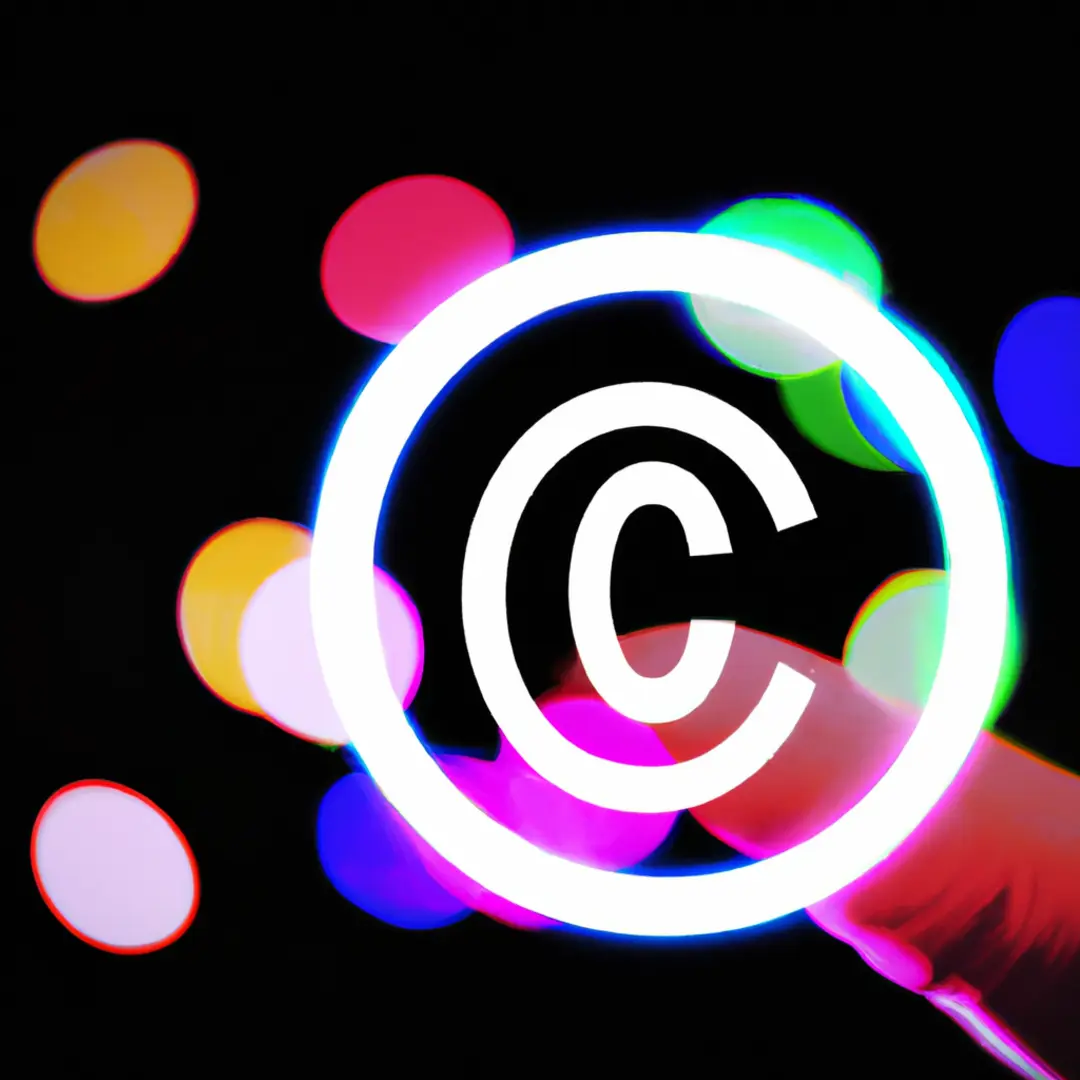How Copyrights Benefit Startups
Table of contents
- Decoding Copyrights: A Quick Guide for Budding Businesses
- The Importance of Copyrights in Safeguarding Original Creations
- How Startups can Gain a Competitive Edge via Copyrights
- How Copyrights and Startup Growth Coexist
- Effective Copyright Management within Your Startup
- Successful Startups Leveraging Copyright Protection
- Collaborations and Licensing: Boosting Revenue via Copyrights
- Technology and Copyrights: How Startups Can Adapt
- Preparing for the Future: Navigating the Dynamic World of Copyrights
- Conclusion: Understanding the Strategic Value of Copyrights for Startups
Decoding Copyrights: A Quick Guide for Budding Businesses

What Defines a Copyright?
Copyright is a legal guard that grants the original creators exclusive rights to manage the use and spread of their creations.
Global Perspective on Copyright Laws
Diverse copyright laws surround each country. However, international treaties like the Berne Convention and TRIPS Agreement set a global benchmark for copyright protection.
The Range of Works Eligible for Copyright
Different forms of creative works, including software code, designs, content, art, and more, can be copyrighted.
Distinguishing Copyrights from Other Types of Intellectual Property
While copyrights safeguard innovative works, other intellectual property forms, including patents and trademarks, look after different facets of invention and branding.
The Lifespan and Coverage of Copyright Protection
Usually, copyright protection lasts for the creator’s lifetime plus 70 years, providing long-term shields for your startup’s intellectual assets.
The Importance of Copyrights in Safeguarding Original Creations

Legal Framework Courtesy Copyrights for Protecting Creative Works
Copyrights create a legal framework for startups to shield their unique content from unauthorized use.
Defending Copyrights: Tackling Infringement
In copyright infringement instances, startups can take legal action to secure their rights and avoid unauthorized use of their creations.
How Startups can Gain a Competitive Edge via Copyrights

The Exclusive Rights Offered by Copyrights
Through copyrights, startups acquire exclusive rights over their work, ensuring they have control over its use and distribution.
Employing Copyrights to Ward off Competitors
Startups can use copyrights as a shield against potential adversaries, making it difficult for them to imitate or reproduce their unique works.
Utilizing Copyrights as a Marketing Tool
By displaying copyright notices visibly on their works, startups can boost their brand image and establish credibility and professionalism.
Building a Trustworthy Reputation with Copyright Protection
Copyrights display a startup as a serious contender in the industry, fostering trust and credibility among consumers, allies, and investors.
How Copyrights and Startup Growth Coexist

Increasing Investment Opportunities
A strong copyright portfolio can make a startup more appealing to investors, improving the odds of acquiring funding for growth.
Building Strategic Alliances with Copyright Assets
Startups can use their copyright assets to form strategic partnerships and alliances with other firms seeking to benefit from their unique creations.
Growing Your Startup with a Strong Copyright Portfolio
A well-managed copyright portfolio can be used to extend a startup’s offerings, generate extra revenues, and widen market reach.
Growing Your Intellectual Property with Your Business
As startups expand, their intellectual property, including copyrights, becomes more valuable and can be used as collateral, licensing assets, or selling points.
Effective Copyright Management within Your Startup

Setting up an Intellectual Property Strategy
Startups need to devise a comprehensive intellectual property strategy to identify, safeguard, and manage their copyrights efficiently.
Teaching Your Team About Copyright Best Practices
Train and educate your team about copyright laws and how to protect your startup’s assets.
Forming Internal Policies for Copyright Compliance
By implementing internal policies and procedures for copyright compliance, startups can avoid legal issues and respect the intellectual property rights of others.
Managing Copyright Disputes
In case of copyright challenges or disputes, startups should be ready to seek legal advice or find alternate resolution methods.
Successful Startups Leveraging Copyright Protection

Success Stories from the Software Industry
Several software startups have thrived by protecting their software code with copyrights, giving them a competitive advantage and growth opportunities.
Securing Creations in Design and Media Startups
Design and media startups rely on copyrights to guard their creative designs, artwork, and other visual content.
The Critical Role of Copyrights for Content Creation Firms
Content creation firms heavily rely on copyrights to safeguard their written content, original articles, blog posts, and other textual materials.
Collaborations and Licensing: Boosting Revenue via Copyrights

Understanding Licensing Agreements and Royalties
By licensing copyrighted works, startups can earn revenue in exchange for royalties.
Negotiating Copyright Licensing with Larger Corporations
Striking licensing agreements with larger corporations can generate significant revenue and wider market exposure for startups.
Collaborative Projects and Fair Revenue Distribution
Collaborating on creative projects can lead to revenue sharing models in which copyrights secure fair distribution.
The Role of Copyrights in Joint Ventures
Startups can collaborate with other companies and combine their copyrighted works to create innovative solutions, expand market reach, and maximize profits.
Technology and Copyrights: How Startups Can Adapt

Digital Rights Management (DRM) for Tech Startups
Tech-savvy startups can use digital rights management techniques to guard their digital content, software, and proprietary technologies.
Blockchain and Copyrights: The Future of IP Protection
Integration of blockchain technology promises to change the face of copyright protection, ensuring transparency and combatting infringement in the digital age.
Leveraging Machine Learning and AI to Manage Copyrights
Startups can use machine learning and artificial intelligence algorithms to identify potential copyright infringements, automate compliance monitoring, and enhance legal enforcement.
Adapting with the Evolving Copyright Law in the Digital Age
Startups should be aware of fair use guidelines and the impact of digital platforms to ensure compliance with evolving copyright law.
Preparing for the Future: Navigating the Dynamic World of Copyrights

The Impact of Upcoming Legislation on Startups
Startups should keep track of upcoming legislation that could affect copyright laws and remain compliant with new requirements.
International Copyright Challenges During Global Expansion
As startups go global, they will have to navigate diverse legal frameworks, enforcement challenges, and form strategies for cross-border protection.
The Need for Advocacy for Startup-friendly Copyright Laws
Startups should advocate for balanced copyright laws that encourage innovation and foster a supportive environment for entrepreneurial growth.
Staying Ahead with Continuous Learning and Legal Support
To stay abreast in the dynamic copyright landscape, startups should invest in continuous learning and seek legal counsel when necessary.
Conclusion: Understanding the Strategic Value of Copyrights for Startups

Wrapping up the Perks of Intellectual Property Management
By actively managing their intellectual property, including copyrights, startups can create a competitive edge, protect their valuable creations, and maximize their revenue.
Inspiring Startups to Invest in Copyright Protection
Investing in copyright protection is crucial for startups looking to safeguard their original works, discourage competitors, build their brand reputation, and leverage their intellectual assets for growth.
Further Exploration and Resources on Copyrights
Startups can consult legal professionals specializing in intellectual property law and explore resources offered by copyright offices and industry organizations for more guidance on copyright protection.




